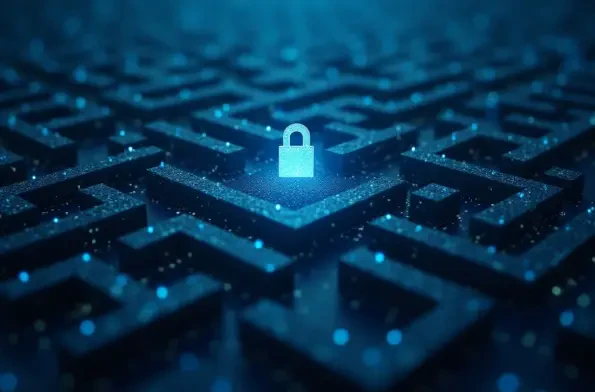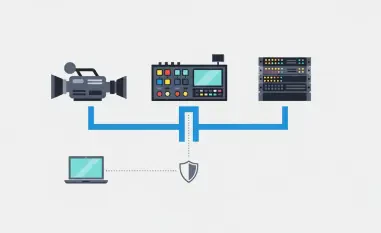Can Sincerity Truly Revolutionize the Way Enterprises Combat Cybersecurity Threats?
In today’s interconnected world, cybersecurity is no longer just a technical challenge; it embodies both a personal and organizational commitment. As professionals strive to fortify digital defenses, a surprising element surfaces as a pivotal tool—sincerity. This begs the question: can sincerity genuinely make or break the effectiveness of cybersecurity efforts? Consider a seemingly innocuous scenario where technical jargon veils real vulnerabilities just because individuals couldn’t voice authentic concern. This paints a glaring picture depicting how sincerity, or its absence, can lead to significant security failings.
Unraveling Why Sincerity Matters in Defending Against Cyber Threats
With the increasing complexity of cybersecurity threats, recognizing the essential human element becomes imperative. As security landscapes evolve, many companies observe a transformative shift toward human-centric approaches. While virtues like trust and honesty have always held personal significance, they now emerge as vital components within professional domains—none more critical than sincerity. Embedding sincerity within cybersecurity strategy proves not only beneficial but necessary. It involves authentic interactions and decisions that foster trust, elevate transparency, and bolster resilience against multifaceted cyber threats.
Dissecting How Sincerity Influences Robust Security Frameworks
Sincerity serves as a cornerstone in assembling effective security teams. Authentic leadership fosters environments where individuals thrive—examples abound of successful teams thriving under transparent, honestly engaged leaders. It also plays a crucial role in risk assessment and management, driving teams to face unvarnished realities. With sincere evaluations, organizations make strides toward enhanced security, where genuine assessments reveal weaknesses and prompt strategic improvements. Another crucial sphere for sincerity is executive communication: sincere exchanges garner necessary resources and support for cybersecurity initiatives.
Building Credibility through Sincere Practices
The recognition of sincerity’s significance is not merely anecdotal; insights from cybersecurity experts underscore its compelling value. Quotes from industry leaders reveal how embracing sincerity transforms organizational culture. Anecdotal evidence speaks to sincerity’s power, highlighting its role in fostering environments that welcome real dialogue, fostering authentic interactions that translate into tangible security benefits. Thus, sincere engagement consistently leads to improved security outcomes, as supported by various research studies that link authenticity with increased engagement and effective threat mitigation.
Steps Toward Integrating Sincerity into Cybersecurity Practices
Integrating sincerity into cybersecurity strategies requires conscious effort and actionable frameworks. Organizations can foster sincere environments by encouraging open dialogue within security teams, ensuring transparent risk management practices, and supporting genuine executive communication. Specific frameworks detail how sincerity can permeate security culture, ultimately guiding authenticity into strategic initiatives. By weaving sincerity into the fabric of cyber operations, organizations cultivate an environment where genuine actions steer progress and robust defenses are built on shared trust and collaboration.
Looking Back: Sincerity as a Transformative Force for Cybersecurity
The examination of sincerity’s role in cyber operations led to understanding its broad, strategic capacity. The discourse made it clear that sincerity enriched security practices on several fronts by nurturing relationships, creating dedicated teams, facilitating honest risk management, improving security posture, and establishing transparent lines with executives. This multifaceted approach reinforced the message that sincerity was not just a personal virtue but a powerful asset within strategic frameworks. Organizations that embraced sincerity witnessed fortified operations and promising advancements in cybersecurity efforts, ultimately leading to strategically secure landscapes and resilient defenses against complex threats.













